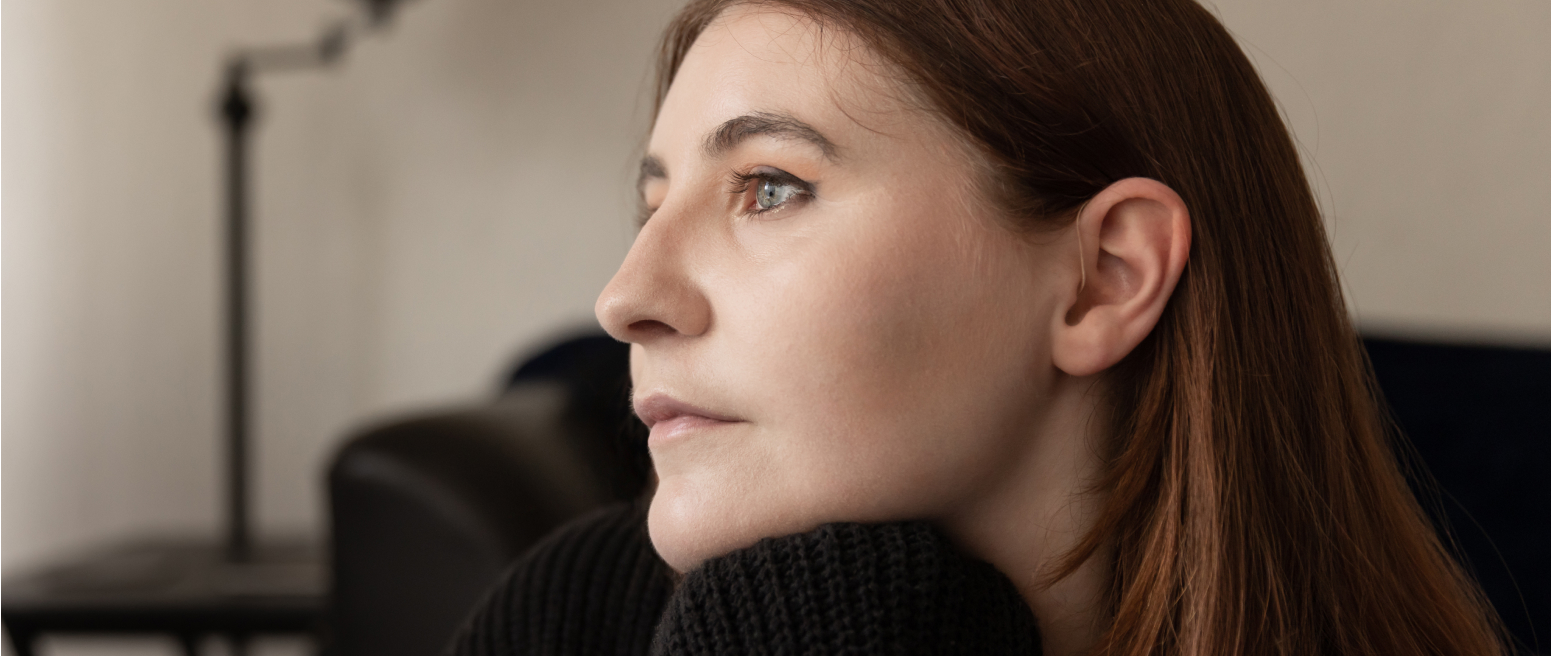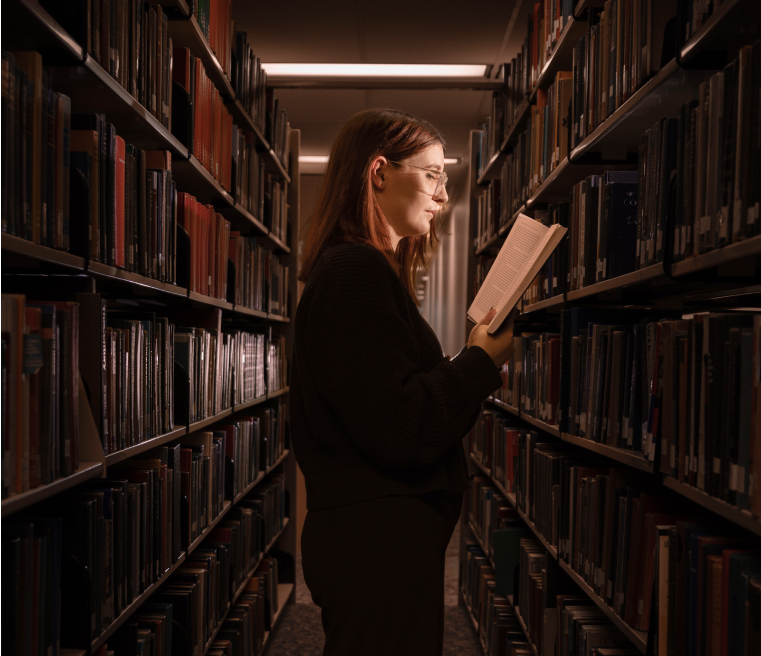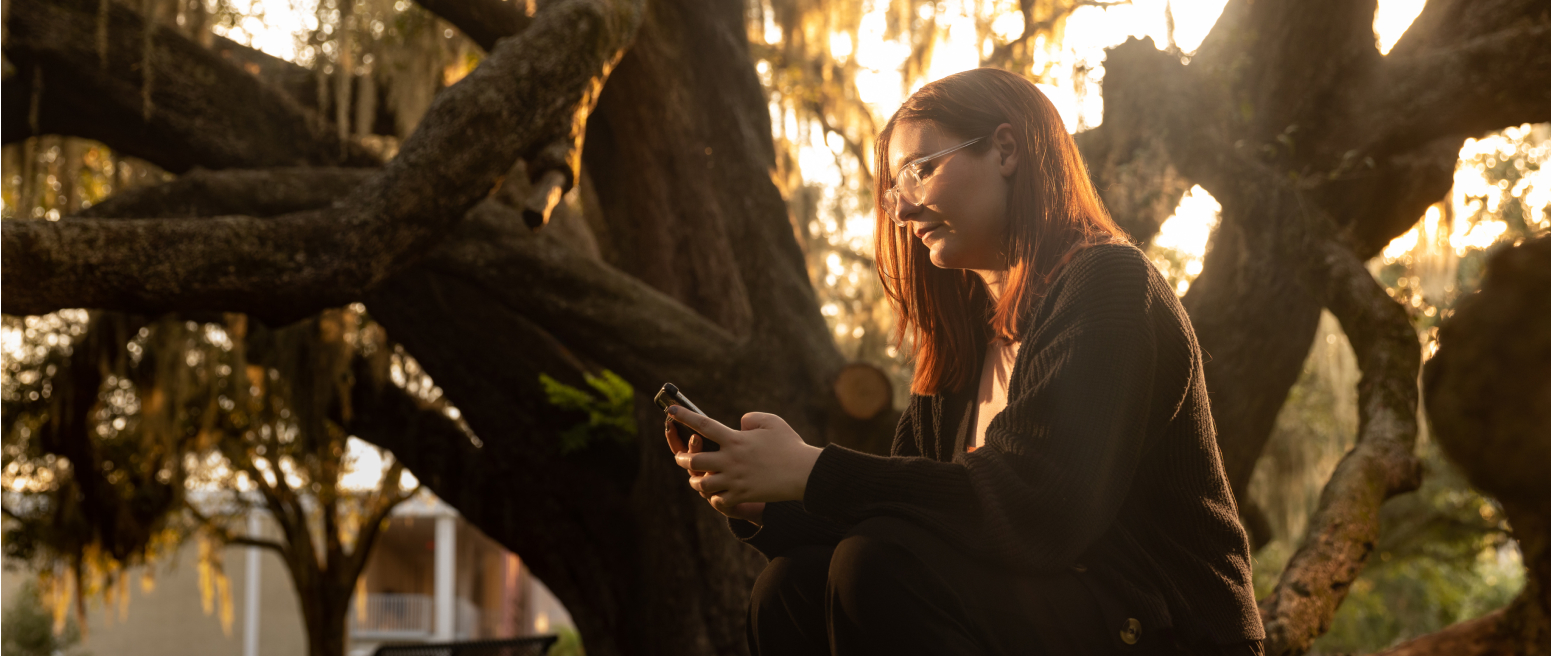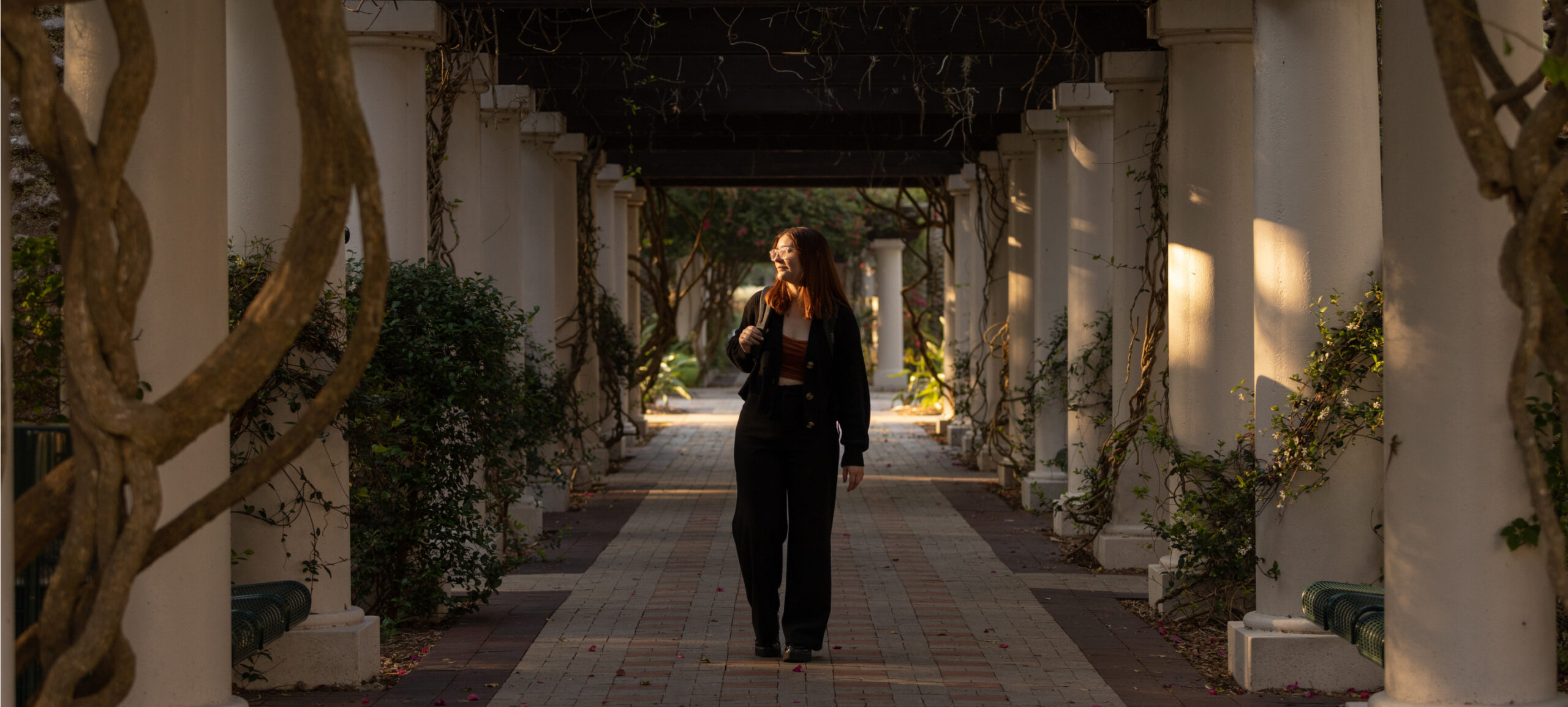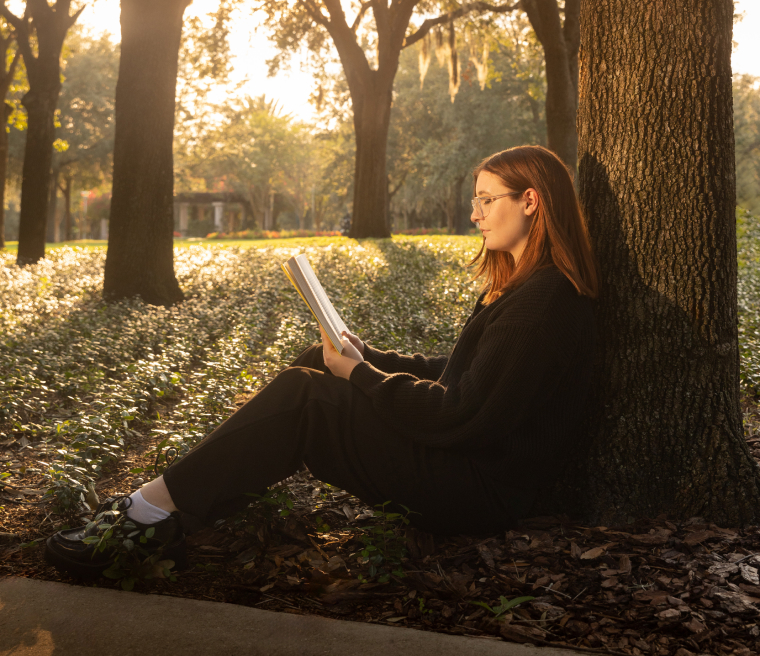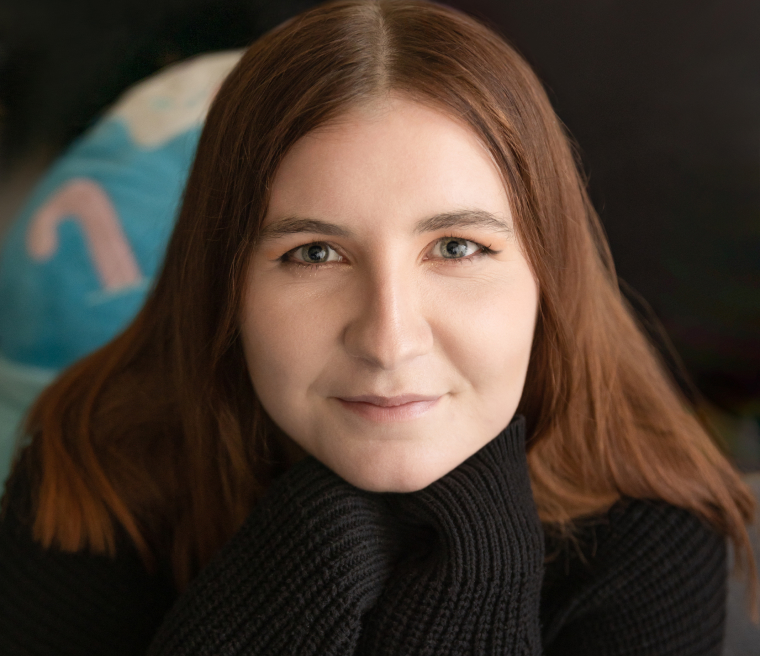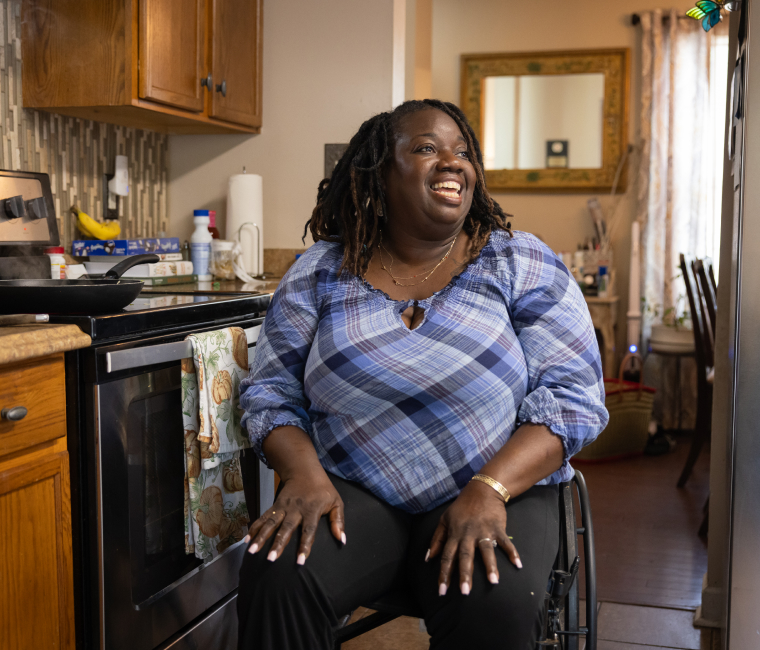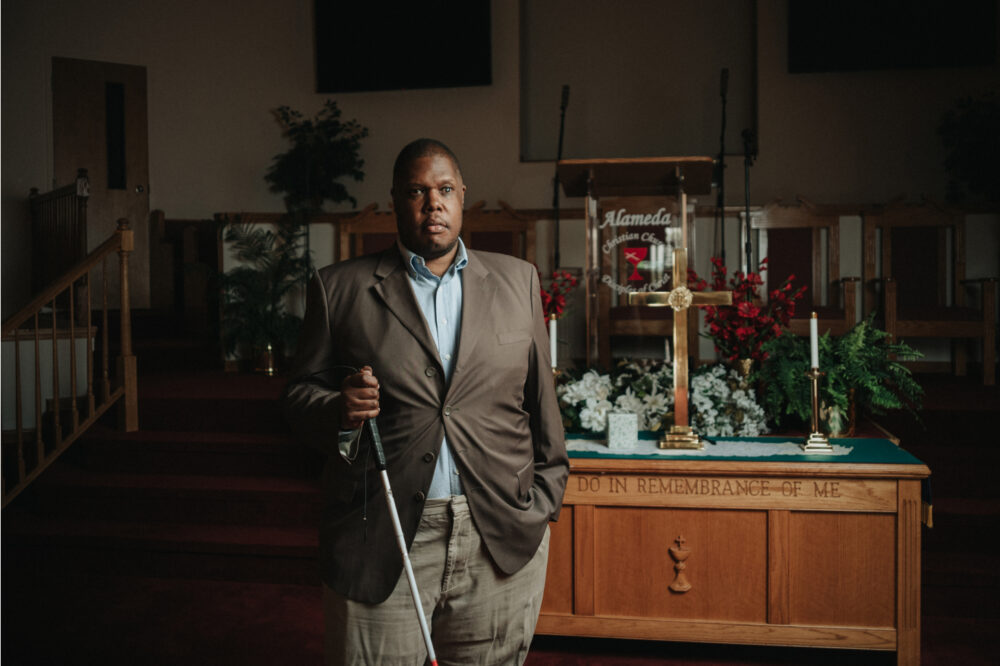The Hidden Costs of an ‘Invisible’ Disability: Simone’s Story
Unexpected expenses often mean stretched budgets for disabled people. As part of our in-depth report on the financial health of people with disabilities, 21-year-old Simone shares her experience.
By Financial Health Network
-
Category:
-
Tags:
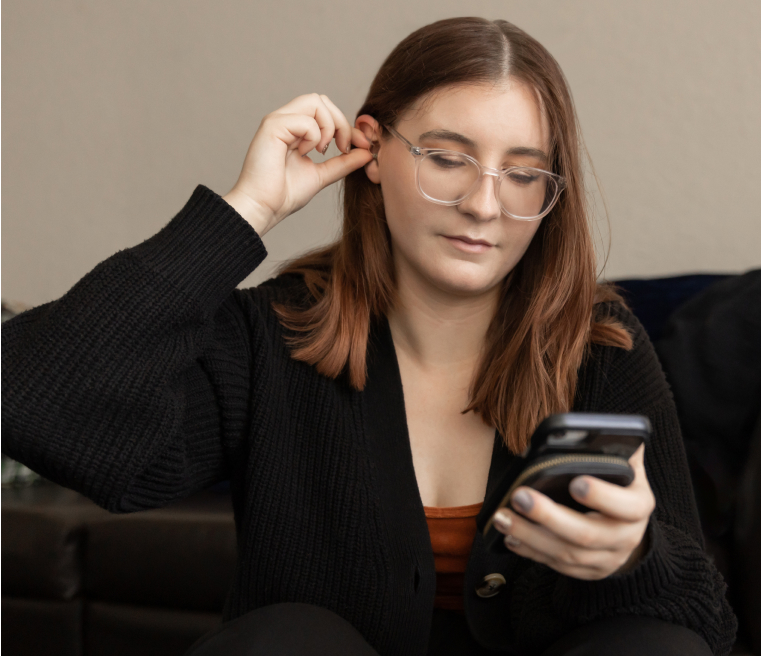
For an Ambitious College Student, the Costs of Care Add Up
Making ends meet as a college student is hard enough. For Simone, who was diagnosed with severe hearing loss at the age of four, the costs of managing her condition make budgeting especially tricky. Expenses like audiologist visits, professional ear wax cleaning, and even hearing aid batteries quickly add up for the Florida-based college senior – and typically aren’t covered by health insurance.
“Whether it’s Medicaid or the highest private insurance you can think of, nothing covers hearing aids. I’m under my parents’ insurance right now, and I can be under my parents’ until I’m 25. I’m only 21. I haven’t really figured out what I’m gonna do after I get kicked off of their health insurance.”
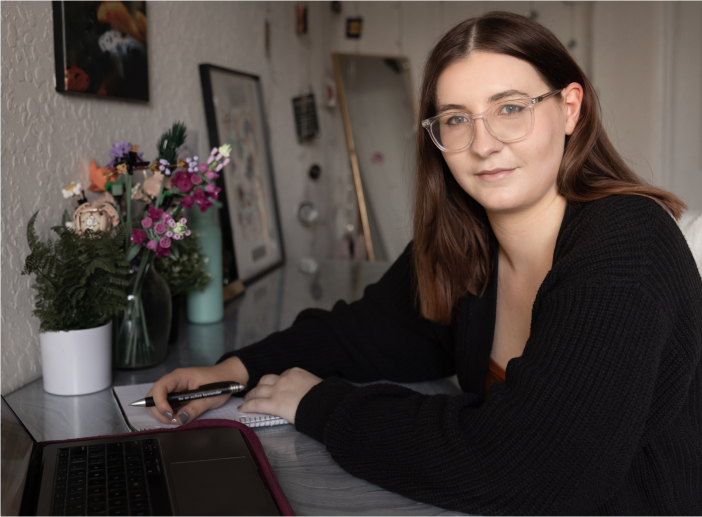
For the straight-A student, being deaf has meant working even harder to find scholarships and paid internships to cover her daily living costs. As Simone prepares to graduate, she’s looking forward to pursuing a master’s degree in public affairs and eventually earning a full-time income.
With the help of hearing aids and other medical support, Simone’s disability sometimes goes unnoticed by others. As a result, she recognizes that the “invisible” nature of her disability has sometimes helped her sidestep barriers faced by others with disabilities. A passionate advocate for disability rights at her school, Simone dreams of ultimately driving changes at the policy level that will support the entire disability community.
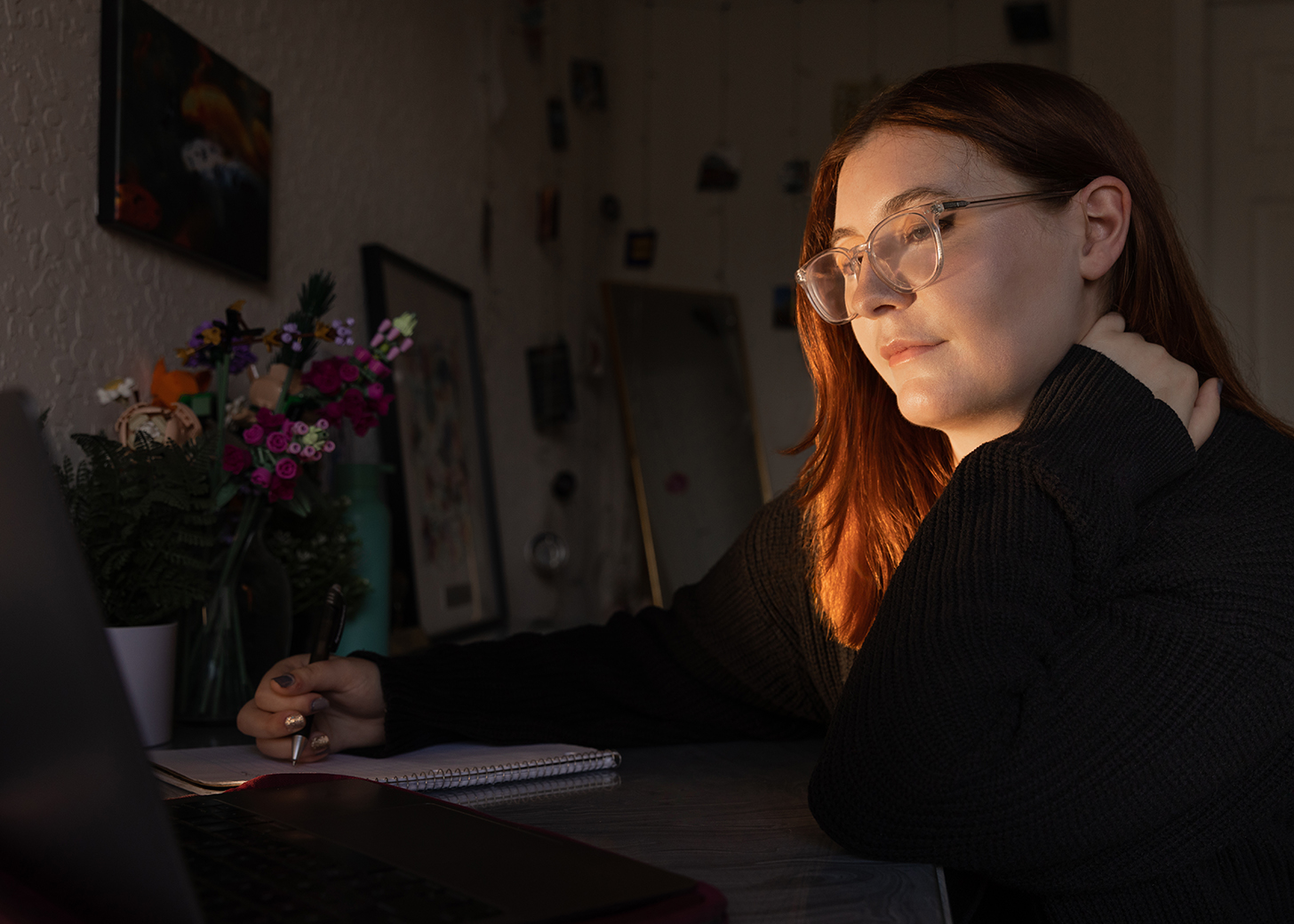
“The experience I have being on the front lines and working with people has taught me a lot in terms of what is needed in the community. So I want to go to graduate school… and be more on that higher level, where I can advocate for people and create bigger changes.”
The Financial Health of People with Disabilities
This personal finhealth story is a part of our latest research report on the financial health of people living with disabilities. Immerse yourself in the key findings, obstacles, and opportunities that exist in this nearly universal experience.
Explore More Stories
‘People Completely Overlooked Me as a Consumer’: Melanie’s Story
What does it feel like to navigate a bank branch as a disabled person? Melanie, who uses a wheelchair, opens up about her experience and shares lessons for the industry as part of our in-depth report on the financial health of people with disabilities.
A Former Banker Navigates Life Through a New Lens: Jonathan’s Story
While working in the banking industry in his early thirties, Jonathan began to lose his eyesight. When he told his manager he was having trouble seeing his computer screen, her response was clear: You’re on your own. Ultimately, Jonathan left his banking career due to a lack of accommodations. He held a few other jobs until blindness forced him to stop working completely.
Acknowledgments
This report was developed with support from Principal Foundation and in partnership with the National Disability Institute and The Harkin Institute.
Photography Credit: Angela Clifton Photography
